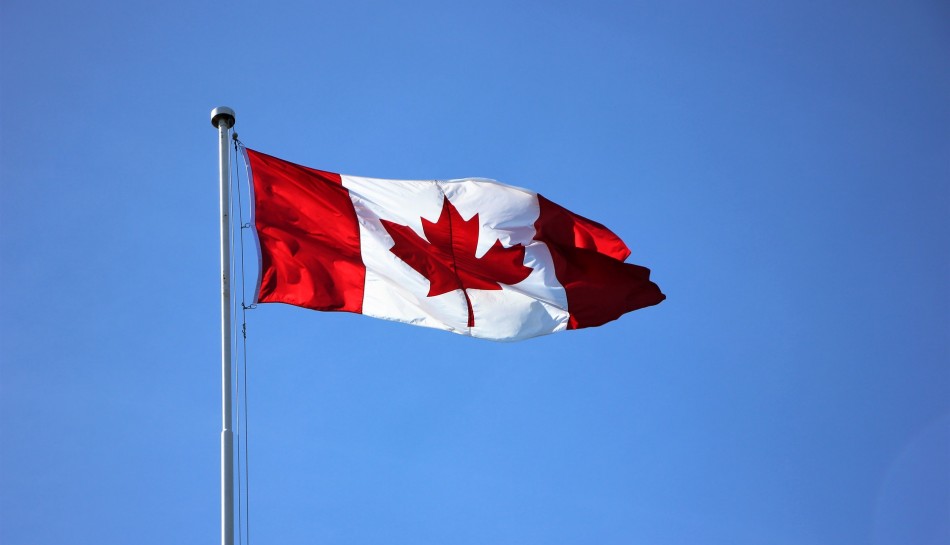The Honourable Marco E. L. Mendicino, Minister of Immigration, Refugees and Citizenship, today announced the establishment of a new Canada–Ukraine Mobility Working Group, to identify and improve mobility opportunities for Ukrainians seeking to come to Canada, once COVID-19 restrictions are removed, while continuing to ensure the integrity of our respective migration and visa frameworks.
This mobility working group is a unique partnership between the Canadian and Ukrainian governments that will let Canada and Ukraine share best practices on migration management, increase recruitment, promote Canada’s economic immigration programs and further strengthen co-operation on migration-related matters.
Through this group, Canada and Ukraine will also work together to finalize a youth mobility agreement that will provide Canadian and Ukrainian youth with opportunities to travel, once COVID-19 restrictions are removed.
Today marks the 29th anniversary of the establishment of diplomatic relations between Canada and Ukraine.
Since 1992, Canada and Ukraine have enjoyed a strong relationship anchored by close people-to-people ties and shared values. Although the COVID-19 pandemic has resulted in a number of temporary measures, including travel restrictions, the mobility working group will build on our relationship with the people of Ukraine and bring us even closer together.
As we focus on accelerating our recovery, immigration continues to be a key driver of Canada’s economic growth.
The 2021‒2023 Immigration Levels Plan, tabled on October 30, 2020, sets out a path for responsible increases to immigration targets to help the Canadian economy recover from the COVID-19 pandemic, drive future growth and create jobs for middle-class Canadians.
Canadians are doing their part by staying home, not travelling, and preventing the spread of COVID-19. The Canada–Ukraine Mobility Working Group will help to establish new opportunities once COVID-19 restrictions have been removed.
Quotes
“Through generations of Ukrainians who have made Canada their home, the Ukrainian-Canadian community continues to make outstanding contributions to Canada’s economy, our society and our diverse cultural fabric. The unique partnership that we are announcing today will serve to further strengthen the deep-rooted, people-to-people ties between our 2 countries.”
—The Honourable Marco E. L. Mendicino, P.C., M.P., Minister of Immigration, Refugees and Citizenship
“The people of Canada and Ukraine have a strong relationship that will only be deepened by the announcement made today. Our people-to-people ties, but also our commitment to Ukraine’s sovereignty, is unequivocal and Canada will continue to stand by Ukrainians as reforms take place in the country.”
—The Honourable Marc Garneau, P.C., M.P., Minister of Foreign Affairs
Quick facts
-
There are more than 1.3 million Canadians of Ukrainian descent.
-
Since January 2014, Canada has committed more than $800 million in multifaceted support to Ukraine, encompassing a broad range of financial, development, stabilization and security, non-lethal military and humanitarian assistance.
-
Canada’s support of the military training and capacity-building mission in Ukraine, Operation UNIFIER, launched in September 2015. It is a key part of Canada’s overall effort to aid Ukraine’s security, stability and sovereignty.
-
Canada and Ukraine work together in a range of international organizations, including the United Nations, the Organization for Security and Co-operation in Europe, and the Organisation internationale de la Francophonie.
-
The 2017 Canada‒Ukraine Free Trade Agreement eliminated tariffs on 86% of Canada’s merchandise exports to Ukraine.
-
In 2019, 2-way merchandise trade between Canada and Ukraine was approximately $300 million.
-
In July 2019, Canada hosted the third Ukraine Reform Conference in Toronto, which brought together foreign ministers from the European Union, the G7 and NATO countries to support Ukraine and its people and meet their ambitious democratic and economic reform program and Euro-Atlantic goals.
-
The CAN+ program was rolled out in Ukraine in 2017. Applications that show that the applicant travelled to Canada in the last 10 years or holds a valid U.S. non-immigrant visa will be sent to the visa office for processing.
















